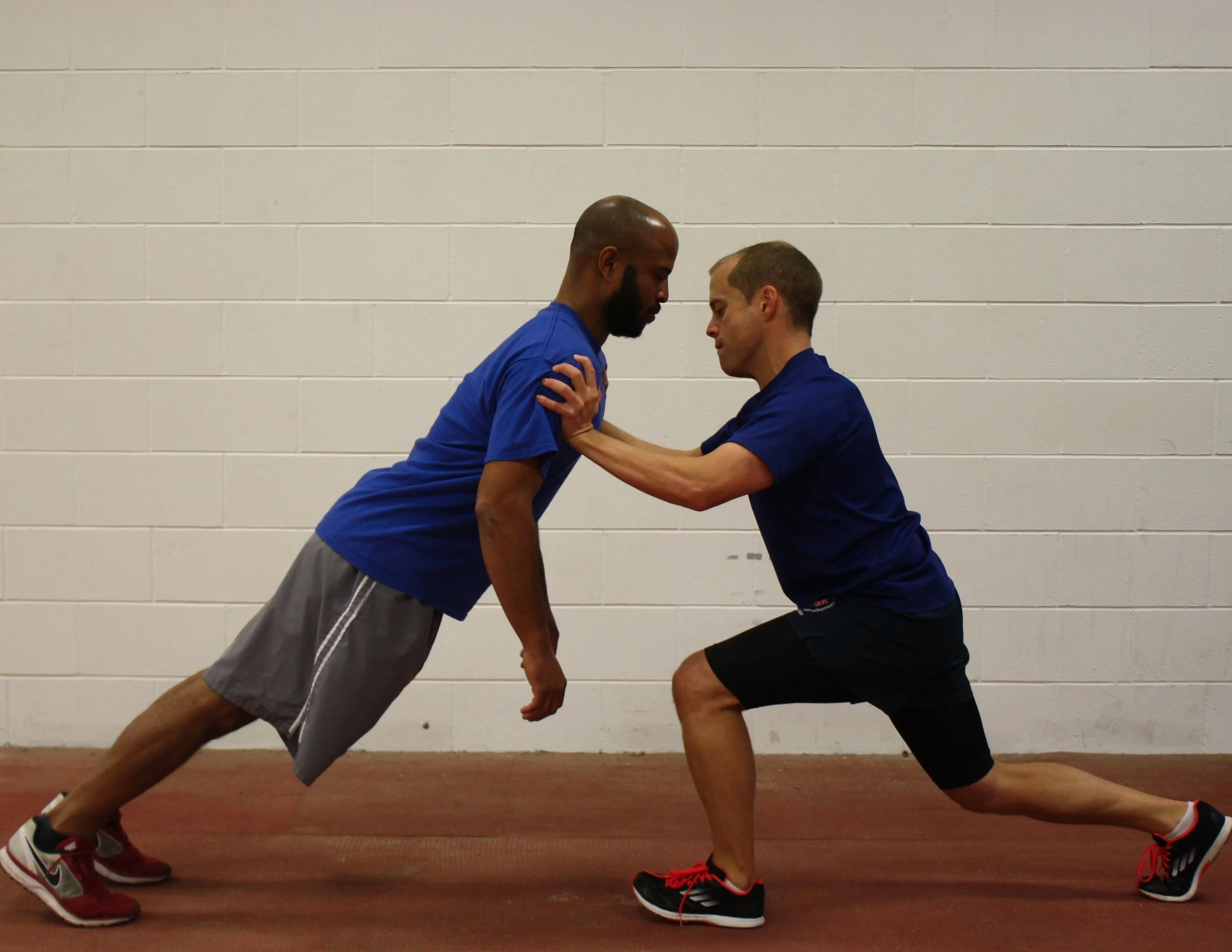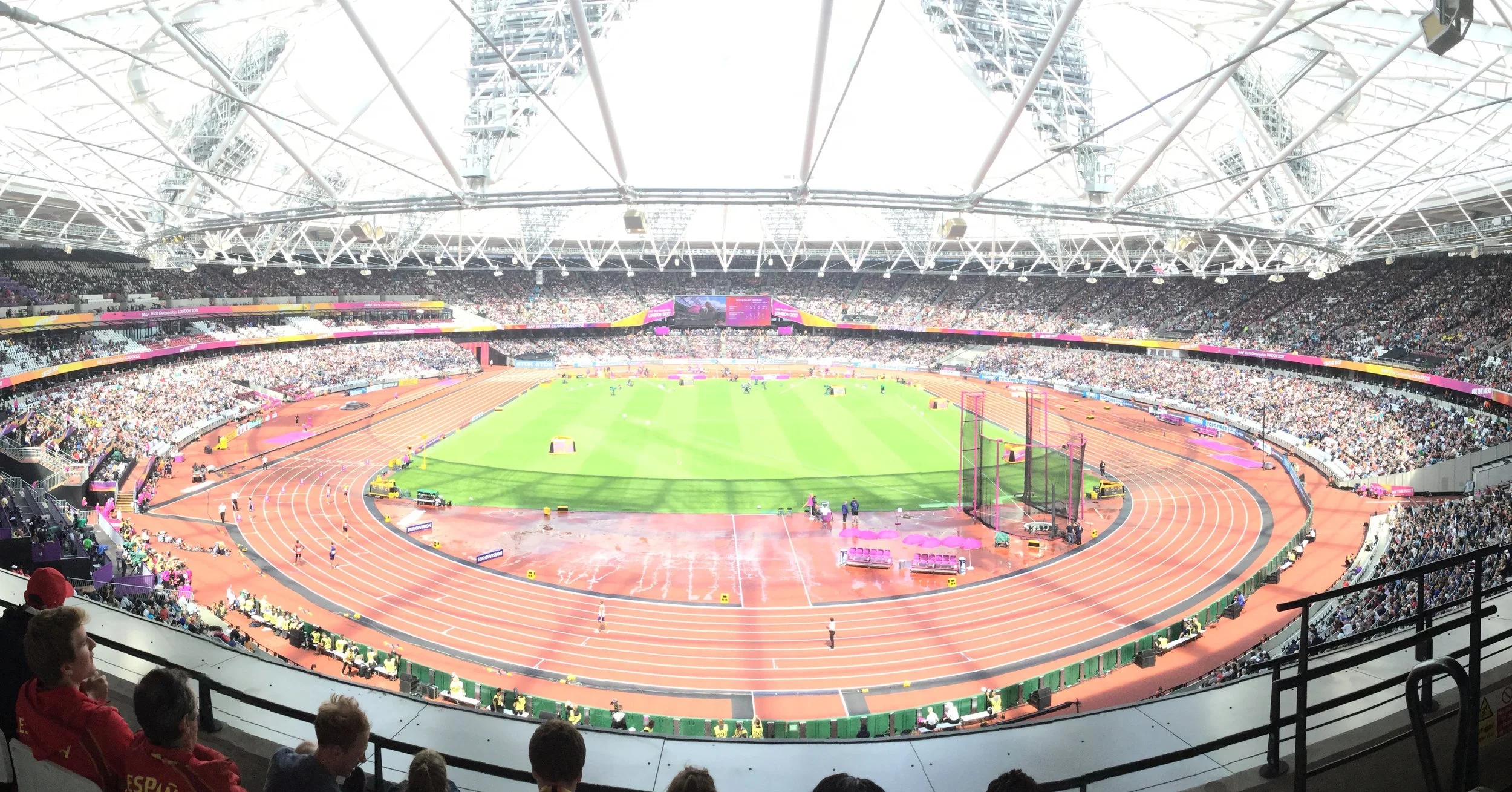The current post is the culmination of a three-part series on coaching athletic movement. In the opening part of the series, we delved into the ‘why’, and sought to elucidate what roles we have to play in this space. With part two we got into the ‘what’, and proposed that the lenses of mechanical effectiveness and efficiency might unite our aims in both performance and injury realms. With this final instalment, we get into the ‘how’, and provide some practical guidance on how we might deliver what we outlined in part two, and ultimately fulfill the roles we identified in part one.
The Why, What, and How of Coaching Movement: Part 2
As practitioners we are all essentially coaches, and in our various realms we find ourselves directing athletes on how we want them to move. In the first part of this 3-part post we delved into the why, as we attempted to elucidate what roles we should play, and define what objectives we should be seeking to fulfil when providing instruction to athletes. With this second part on coaching movement we get into the 'what'.
The Why, What, and How of Coaching Movement: Part 1
In an early post entitled ‘The Rise of the Movement Specialist’ we identified an apparent gap in the technical input and direction provided to athletes when it comes to athletic movement skills. The appearance in recent times of hordes of self-styled ‘movement specialists’ seeking to fill the void, or rather recognising a niche in the market, is indicative that something is presently lacking. With this 3-part post we attempt to tackle the question of what our role is in this space, and offer some guidance on how we can do better.
In this first part of the 3-part series, we start with ‘why’…
Perils of Binary Thinking and Polarised Debates
For a practitioner who spends any time on social media it is easy to get the sense we are in the death throes of informed debate. Authorities (often self-proclaimed) seem to constantly spew forth evangelical proclamations, push their ideology and promote others who espouse their doctrine, and decry those who express contrary views. Sadly, it appears there are no shortage of young zealots eager to answer the call to join the modern crusades conducted on a social media battlefield. In this post we will explore the trend for binary thinking and polarised arguments that fuels the tribalism we see on these platforms, and how this is increasingly creeping into sports science and medicine circles. We will then attempt to plot a path back from the edge of the abyss, and bridge the divide between factions to allow us to return to real debate.
Rejecting the Industry
Practitioners across different domains will be familiar with their field of practice being referred to as an 'industry'. We frequently hear mention of the strength and conditioning industry, the sports physiotherapy industry, even the sports coaching industry. In this post we consider these trends for terming our professions in this way, and explore why an 'industry approach' might be problematic. From these discussions we can attempt to plot a path back to cultivating our craft, and restoring pride in our chosen profession by rejecting this ‘industry’ mindset.
The 'C' Word
The word 'culture' is often thrown around in the context of teams and organisations. Everybody is talking about culture. Despite being a nebulous term and intangible in nature, culture is cited over and over again by teams and organisations. Everybody seems to be in agreement that culture is critical to success in different realms, even if we are not necessarily clear on what it is. Culture is simultaneously cited as both the root cause and universal solution to all ills. In this post we will try to get a handle on the 'C' word. More importantly we will attempt to get to the bottom of what creates culture, and explore how we might go about effecting a change in team or organisational culture.
Ego is the Enemy of Discovery and Progress
It is a common viewpoint that ego stunts personal growth, and most would agree that ego undermines our effectiveness as coaches and practitioners. What is less often considered is that unconstrained ego similarly obstructs progress and discovery in the areas of scientific study that exist to inform practice. At present the respective disciplines encompassed within coaching science, sports science and sports medicine are plagued with these difficulties. Einstein famously quoted to the effect that ego has an inverse relationship to knowledge – “more the knowledge, lesser the ego; lesser the knowledge, more the ego”. Yet researchers in the fields of sports science and sports medicine are showing themselves to be particularly prone to ego and the excesses associated with it. In this post we tackle the issue of ego in sports science and sport medicine, and attempt to plot a path back to sanity.
Major Competition Coaching
Major competition poses unique challenges not only for the athlete, but also the coach and wider support staff. From a logistical viewpoint there are a host of additional factors to manage, but on a more personal level, each member of the team must also manage themselves and how they interact with the athlete. In the crucible of a major competition environment the mettle of all individuals concerned is tested, and every member of staff connected to the athlete has a responsibility. In this post we will dig deeper on this topic, and explore ways we can support athletes in handling the pressures to compete at their best on the biggest stage.
Nuance - The Path to Enlightenment in Athletic Preparation
Nuance is an under recognised keystone of practice in elite sport. We have spoken previously about critical thinking as a critical skill for coaches and practitioners in the Information Age, as a means to evaluate and integrate information from different sources. Nuanced understanding is critical for the steps that follow. Nuance is required to derive real meaning from the knowledge acquired and make use of it. Nuance is also critical to cope with the complexity inherent in human performance. In this post we will make the case for practicing nuance as an active skill in order to combat the epidemics of superficial knowledge and binary thinking.
A 'Meta-Learning' Approach for More Productive Training
Athletes and coaches across all sports incessantly speak about the importance of 'focussing on the process', and process goals. As coaches and practitioners we are likewise ever mindful of scheduling constraints and the need to make best use of the finite time permitted to prepare our athletes. In previous posts we have spoken about the importance of mobilising mental resources, and the critical role of athletes' perception in relation to training responses. Here we will venture into the realms of teaching and learning, in order to make meaningful use of the notion of 'process focus' in the context of sport. In our quest for more purposeful training we will explore the concept of 'meta-learning', and outline how these principles might be applied to the process and the practice of preparing athletes.














